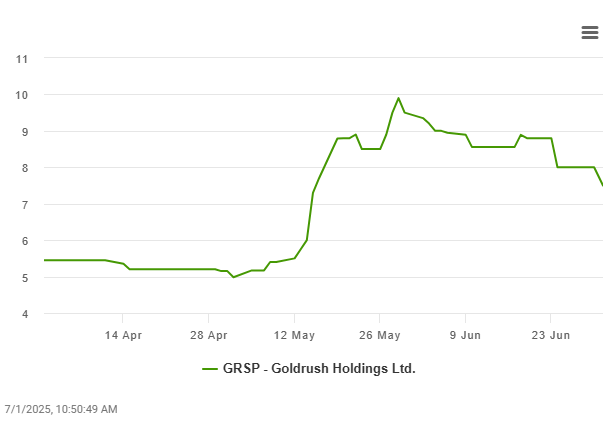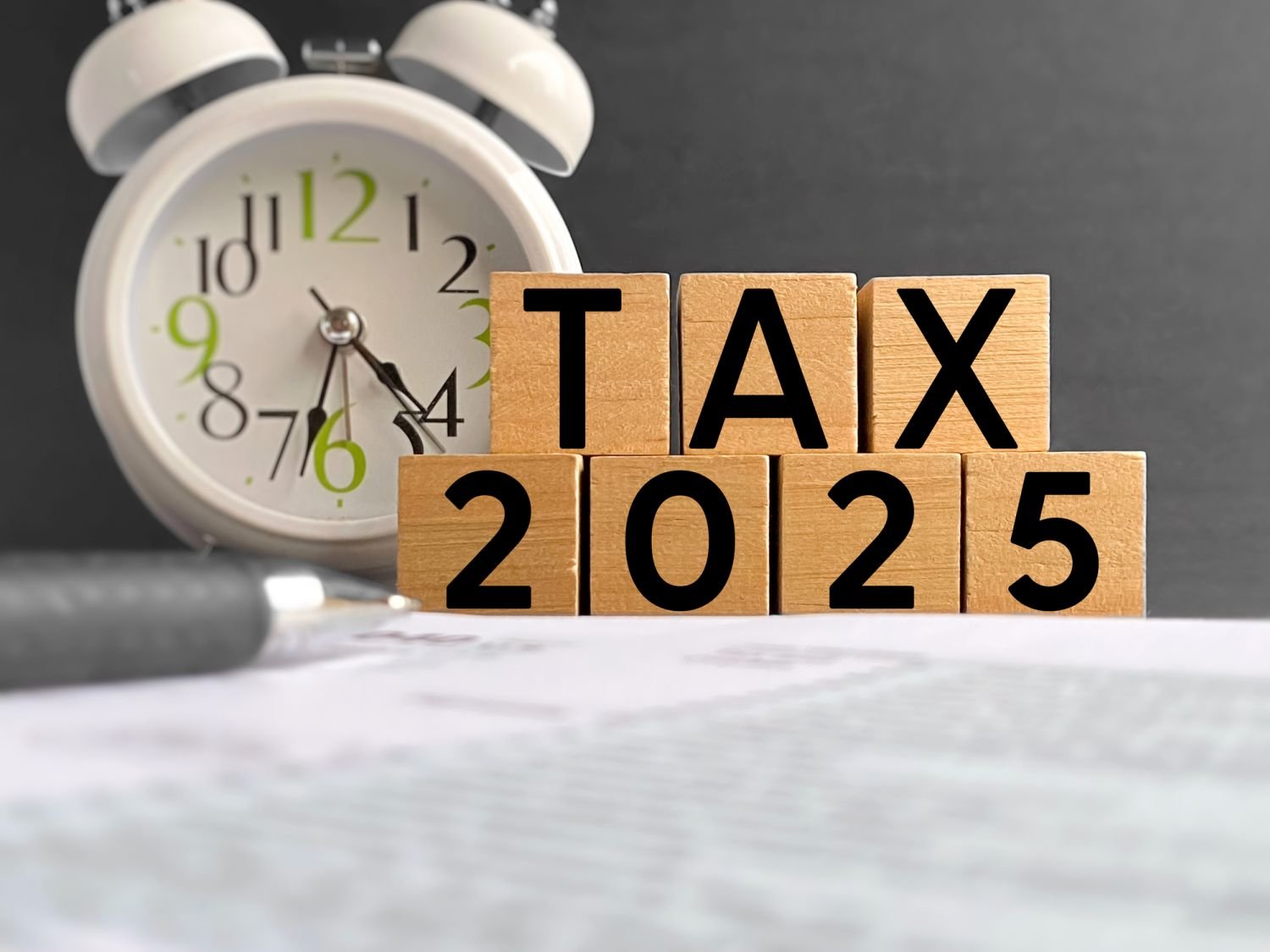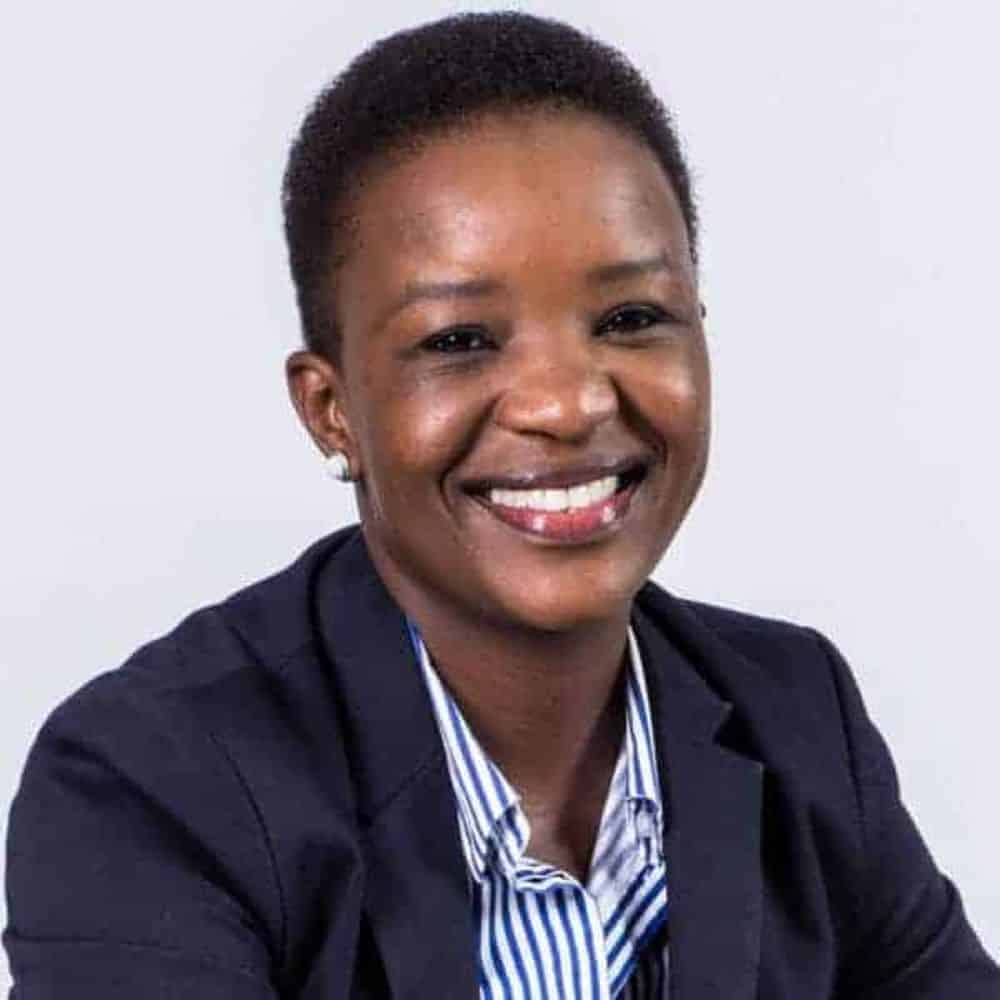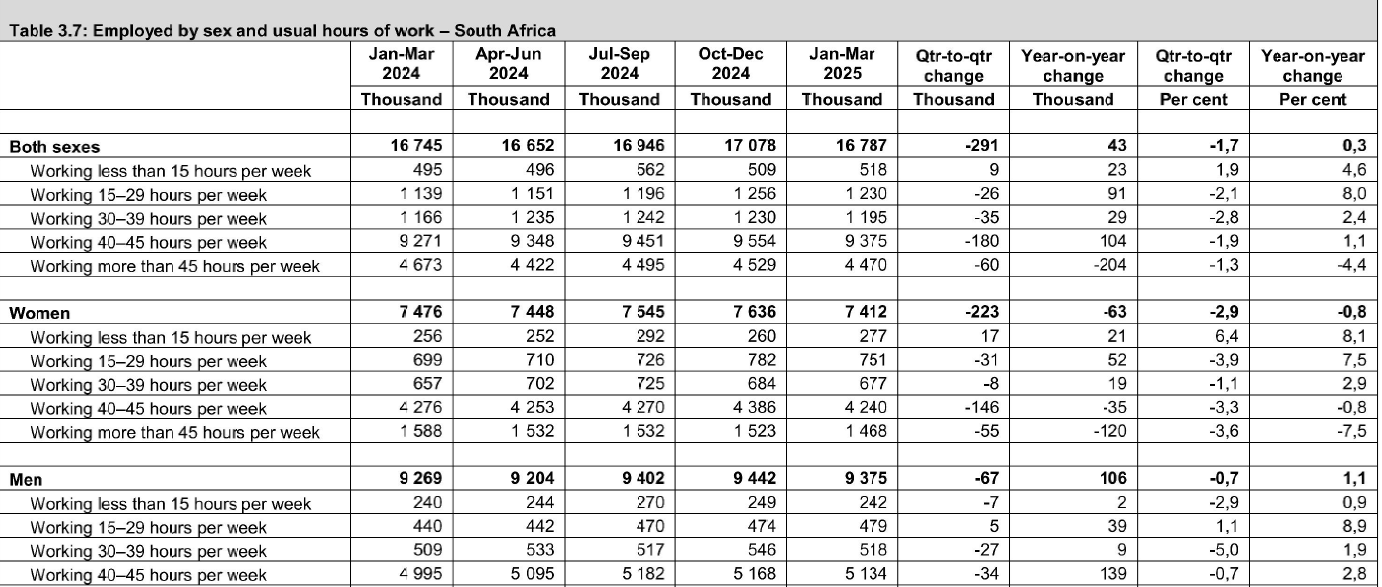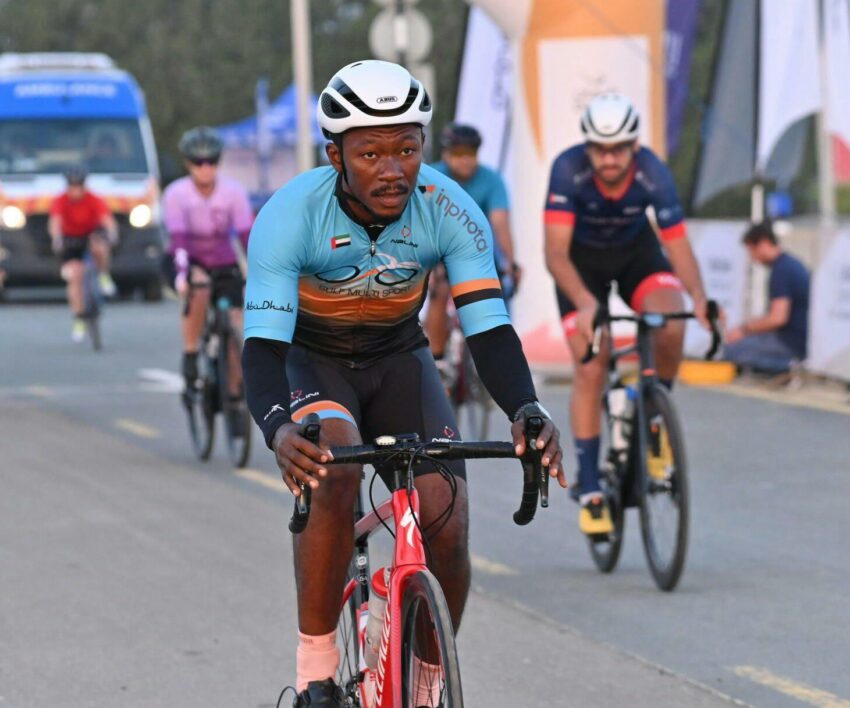Respected investment manager Piet Viljoen took a huge bet by getting involved in Goldrush. Is it time for a big payout?
Founder and chief executive of the erstwhile Regarding Capital Management (RECM) is well known and well respected in SA’s investment community. It is a reputation he built by delivering good returns over many decades by investing in solid, if sometimes boring, shares.
That a value investor put a big bet on a gambling company that operates bingo games, one-armed bandits, online gambling and sports betting might have surprised many of his followers. He now has a piece of the National Lottery – and it looks like the punt on gambling company Goldrush Group will pay off within a year or so.
The price of the listed Goldrush Holdings preference shares doubled within days of the announcement that Sizekhaya Holdings was awarded the licence to take over the operations of South Africa’s National Lottery for a period of eight years.
Goldrush Group has a share of 50% in Sizekhaya, which will reduce to 40% once other shareholders are introduced into Sizekhaya per the lottery licence conditions.
The Goldrush prefs were trading below R5 at the beginning of May 2025, but jumped to R10 by 29 May after the minister of trade, industry and competition announced the winning bidder of the lottery licence.

The ordinary shares, which hold the voting rights, are not listed.
Viljoen is still focused on investment management and manages billions on behalf of clients. Still, Goldrush slowly became a big investment in RECM.
Eventually, the listed RECM sold its other investments and transformed into an operating gambling operation.
Goldrush Holdings owns nearly 60% of the operating business, Goldrush Group.
The group describes itself as a diversified gaming group with interests in sports betting, limited payout machine operations, bingo and a casino, as well as operating internet gambling sites.
It says its activities include more than 4 400 electronic bingo terminals in 37 premises in six provinces, more than 2 700 gambling machines in 417 sports in seven provinces, 27 sports betting outlets in four provinces and two online sports betting sites.
It claims over 20 years of operating in the SA and African gambling market and says it employs around 2 000 people.
ALSO READ: You can still play Lotto today, after last minute announcement
Billions
Gambling in SA is a multi-billion-rand industry.
Goldrush, only one of several big operators in SA, published its results for the year to end March 2025 on Monday, disclosing that gambling income increased by 5.6% over the previous year to R1.85 billion.
This income comprises its net winnings, after paying out lucky gamblers.
Revenue from selling food and beverages to gamblers added another R70 million.
Operating profit came to R242 million and earnings after interest and tax amounted to just below R120 million.
Jan van Niekerk, financial director of Goldrush, says RECM (and the Astoria private equity fund based in Mauritius) became big investors in Goldrush some 10 years ago. As with any private equity investment, the investment managers became closely involved in the business.
“Goldrush has shown good growth, because of a good management team,” he says, adding that the focus is to continue to grow profitability in order to reduce debt.
The company is looking to increase its online offerings, but figures included in the annual results indicate that Goldrush can also increase its limited payout presence. It currently has 2 763 machines, but is licensed to operate 5 200.
ALSO READ: Big change to Lotto operations: Will tickets be on sale next week?
Lotto
Viljoen and Van Niekerk are careful to tone down expectations about the national lottery licence in view of media reports claiming the operator will make billions. Van Niekerk says Sizekhaya will operate the lottery totally independent of Goldrush.
“Sizekhaya has the right and the obligation to promote and administer the sales of lottery tickets for the National Lottery,” says Van Niekerk.
“From the sales of the tickets, half of the proceeds must be used to fund payments to Lotto winners.
“After this, there is a compulsory contribution to the National Lotteries Distribution Trust Fund, a separate statutory entity established by the National Lotteries Commission to fund charitable and developmental initiatives across South Africa.
“From the remainder of the sales, the operator must fund the expenses of running the lottery. If it manages to do this efficiently, it will be left with a profit.”
Viljoen added some perspective in his commentary to the results. “Since the announcement, many of our shareholders have asked us to help them understand the value of this licence to Goldrush.
“Without being too glib about its prospects, we would caution shareholders to exercise appropriate judgement when reading any news about the National Lottery,” says Viljoen.
“The licence to operate the national lottery is obviously valuable. Helpfully, technology has improved and the cost of technology has reduced since the inception of the previous lottery periods.
ALSO READ: Lotto jackpot is over R100m tonight, here are the biggest SA winners
“Some of the publicly available information we can share with you to help you shape your expectations is that the annual lottery ticket sales revenue in the most recently disclosed year was R6.5 billion. We think that a competent operator should make a profit margin in the low to mid-single digits,” he says.
This indicates that profiting from the Lotto operations will be a year or two away as the starting date of the eight-year term is only 1 June 2026.
“The framework we use to think about the value to our shareholders is that the first year’s profits will have to pay for the equipment and set-up costs (the business and physical infrastructure needed to run the business) and, on our assumption of the profit margins, shareholders of the operator could expect seven annual dividend payments after that,” says Van Niekerk.
“For the next year, Sizekhaya will be building the business infrastructure and physical infrastructure needed to take over the running of the lottery on 1 June 2026.”
ALSO READ: National Lotteries Commission rolls out lifestyle audits, anti-fraud initiatives ‘to rebuild trust’
Lucrative
The lottery contract is lucrative. The latest available annual report from the National Lotteries Commission discloses that the current operator generated nearly R7.3 billion in ticket sales in the year to March 2024.
It notes that the contribution to good causes was R1.8 billion. It says the operator spent R968 million in procuring goods and services to support lottery operations.
The listed Goldrush preference shares offer direct economic exposure to all of the Goldrush Group’s interests. Preference shareholders can expect dividends based on gambling operations, including the future profits from Sizekhaya’s running of the national lottery.
This article was republished from Moneyweb. Read the original here.
